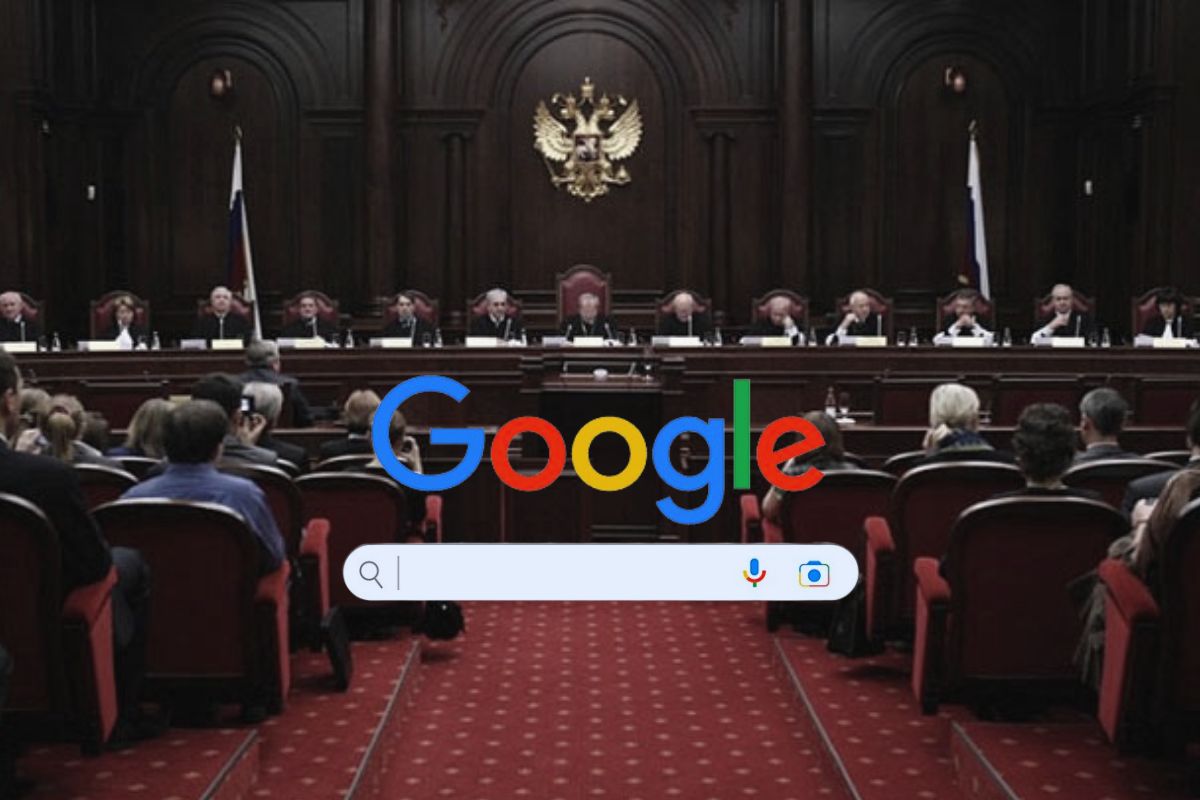


A Russian court has slapped Alphabet’s Google with a hefty fine of 4.6 billion roubles ($50.84 million) for its alleged failure to remove what the authorities label as “fake” information regarding the conflict in Ukraine, among other contentious topics. This move comes amid an ongoing dispute between Russia and various foreign technology companies, with tensions escalating following Russia’s invasion of Ukraine in February 2022.
According to reports from TASS news agency, the fine was imposed not only for the failure to eradicate so-called “fake” information but also for Google’s purported neglect in removing what Russia deems as “extremist content” and the dissemination of what the country refers to as “LGBTQ propaganda.” The latter charge gains significance in light of Russia’s recent Supreme Court ruling in November, designating LGBT activists as “extremists,” raising concerns among the gay and transgender community about potential arrests and prosecutions.
Despite being a focal point of criticism from the Russian state, Alphabet’s YouTube has managed to avoid a ban, unlike its counterparts X (formerly Twitter) and Meta Platforms, Facebook and Instagram. The substantial fine, amounting to a percentage of Google’s annual turnover in Russia, underscores the severity of the regulatory crackdown. This penalty follows similar turnover-based fines of 7.2 billion roubles in late 2021 and 21.1 billion roubles in August 2022.
Since the onset of the Russia-Ukraine conflict, friction has persisted between Russia and major technology companies, including Meta’s Facebook, Instagram, and Google-owned YouTube, spanning issues such as content regulation, censorship, data control, and demands for local representation. Notably, Russia terms the ongoing conflict in Ukraine as a “special military operation.”
While YouTube remains accessible, other platforms like X (formerly Twitter) and Meta-owned services continue to face restrictions within the country. The situation remains dynamic as technology companies navigate a complex landscape shaped by geopolitical tensions and regulatory pressures. Google has yet to respond to the latest development.